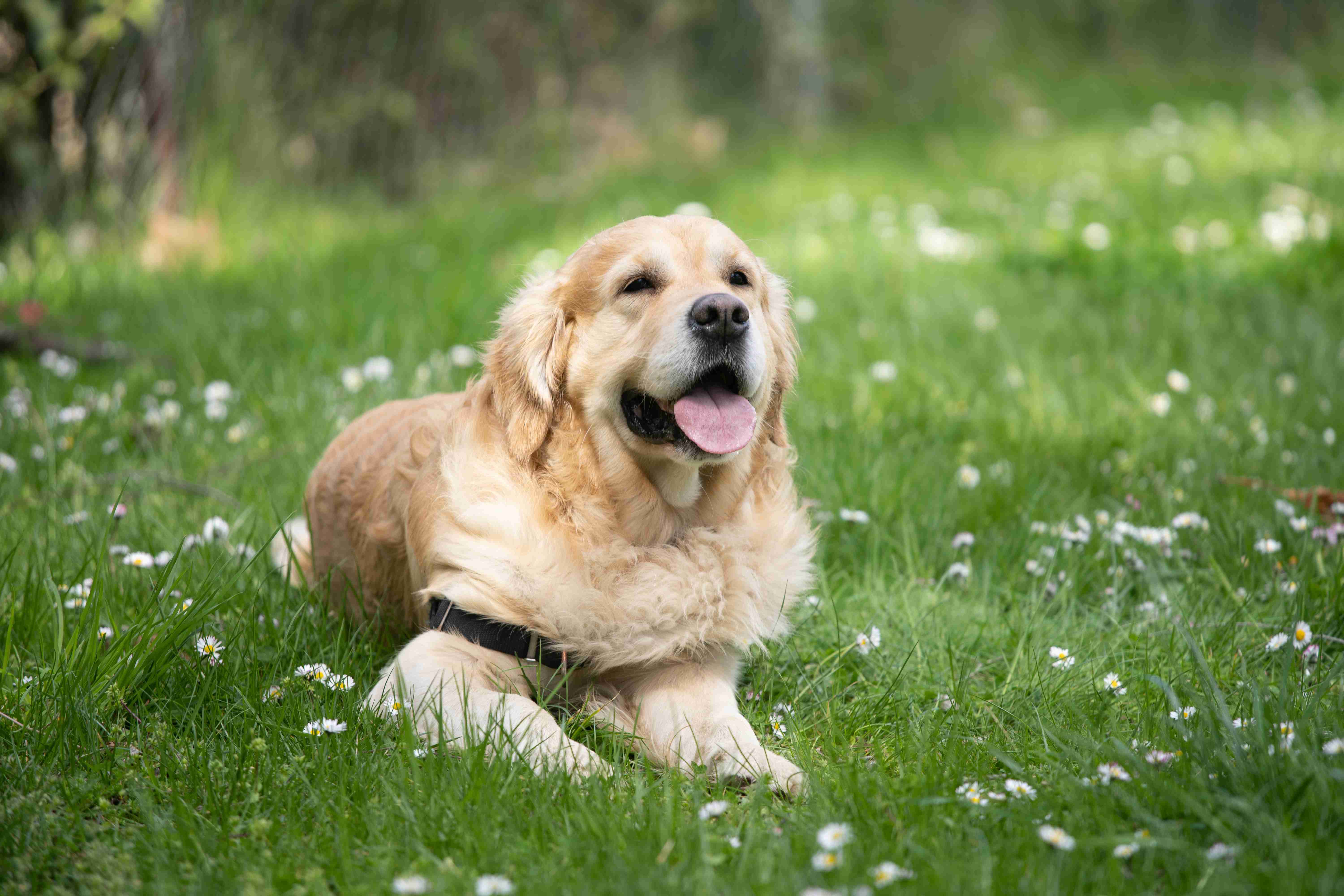Welcome to our blog post all about Golden Retriever allergies! If you’re a proud owner of one of these beautiful and friendly dogs, you likely want to ensure that your furry friend leads a happy and healthy life. Unfortunately, just like humans, Golden Retrievers can suffer from various allergies that can cause discomfort and affect their overall well-being. But fret not! In this article, we will dive into the most common allergies that affect Golden Retrievers and provide you with practical tips on how to effectively manage them. So, let’s get started on creating a comfortable and allergy-free environment for your beloved Golden Retriever!
Golden Retrievers are known for their friendly and outgoing personalities, making them one of the most popular dog breeds in the world. However, like any other breed, Golden Retrievers are prone to allergies that can cause discomfort and health issues if left unmanaged. In this blog post, we will explore some of the most common allergies in Golden Retrievers and discuss effective ways to manage them, ensuring a happy and healthy pup.
1. Food Allergies:
Food allergies are one of the most prevalent allergies in Golden Retrievers. These allergies occur when a dog’s immune system overreacts to certain ingredients in their diet. Common food allergens for Golden Retrievers include beef, chicken, wheat, soy, and dairy. To manage food allergies, it is crucial to identify and eliminate the allergenic ingredient(s) from your dog’s diet. Consult with your veterinarian to determine the best hypoallergenic diet for your Golden Retriever.
2. Environmental Allergies:
Golden Retrievers can also develop allergies to environmental elements such as pollen, dust mites, mold, and grass. These allergies usually manifest as skin irritations, itching, and respiratory issues. To manage environmental allergies, keep your dog’s living environment clean and free from potential allergens. Regularly vacuum your home, wash their bedding frequently, and limit their exposure to grassy areas during peak allergy seasons. Additionally, consult with your vet about antihistamines or allergy shots to alleviate your dog’s symptoms.

3. Flea Allergy Dermatitis:
Fleas are not only irritating but can also trigger severe allergic reactions in Golden Retrievers. Some dogs are highly sensitive to flea saliva, leading to a condition known as Flea Allergy Dermatitis (FAD). To manage FAD, implement a strict flea control regimen. Use veterinarian-recommended flea prevention products, regularly groom your dog to check for fleas, and maintain a clean living environment. If your dog already has FAD, your vet may prescribe medications to relieve itching and treat any secondary infections.
4. Contact Allergies:
Contact allergies occur when a Golden Retriever’s skin comes into direct contact with an allergen. Common irritants include certain fabrics, cleaning agents, shampoos, and even plants. If you suspect your dog has a contact allergy, identify and eliminate the allergen from their environment. Use hypoallergenic grooming products, avoid using harsh chemicals around them, and be cautious when introducing new fabrics or materials to their bedding or toys.
5. Seasonal Allergies:
Just like humans, Golden Retrievers can develop seasonal allergies, also known as hay fever or allergic rhinitis. These allergies are usually triggered by airborne allergens such as pollen and mold spores. Symptoms may include sneezing, coughing, watery eyes, and itchiness. To manage seasonal allergies, keep your dog indoors during high pollen count days, wipe their paws after outdoor walks, and consider using air purifiers or HEPA filters in your home. Your veterinarian may also recommend antihistamines or other medications to alleviate your dog’s symptoms.
Overall, Golden Retrievers, like any other dog breed, can develop various allergies that require proper management to ensure their well-being. By understanding and identifying the common triggers of allergies in Golden Retrievers, such as food, environmental elements, fleas, contact irritants, and seasonal allergens, you can take proactive steps to manage these allergies effectively. Remember to consult with your veterinarian for accurate diagnosis, personalized advice, and appropriate treatment options for your Golden Retriever. With proper care and management, you can help your furry friend live a happy, healthy, and allergy-free life.
In conclusion, understanding and managing common allergies in Golden Retrievers is essential for ensuring the health and happiness of your beloved furry friend. By recognizing the signs, identifying the triggers, and implementing effective management strategies, you can provide relief and improve the overall quality of life for your Golden Retriever. Remember, always consult with a veterinarian for proper diagnosis and treatment options. With your love, care, and proactive approach, you can help your Golden Retriever thrive and enjoy a life free from the discomfort of allergies. So, let’s embark on this journey together and keep our Golden Retrievers healthy, happy, and allergy-free!




%20-%20Copy.png)



